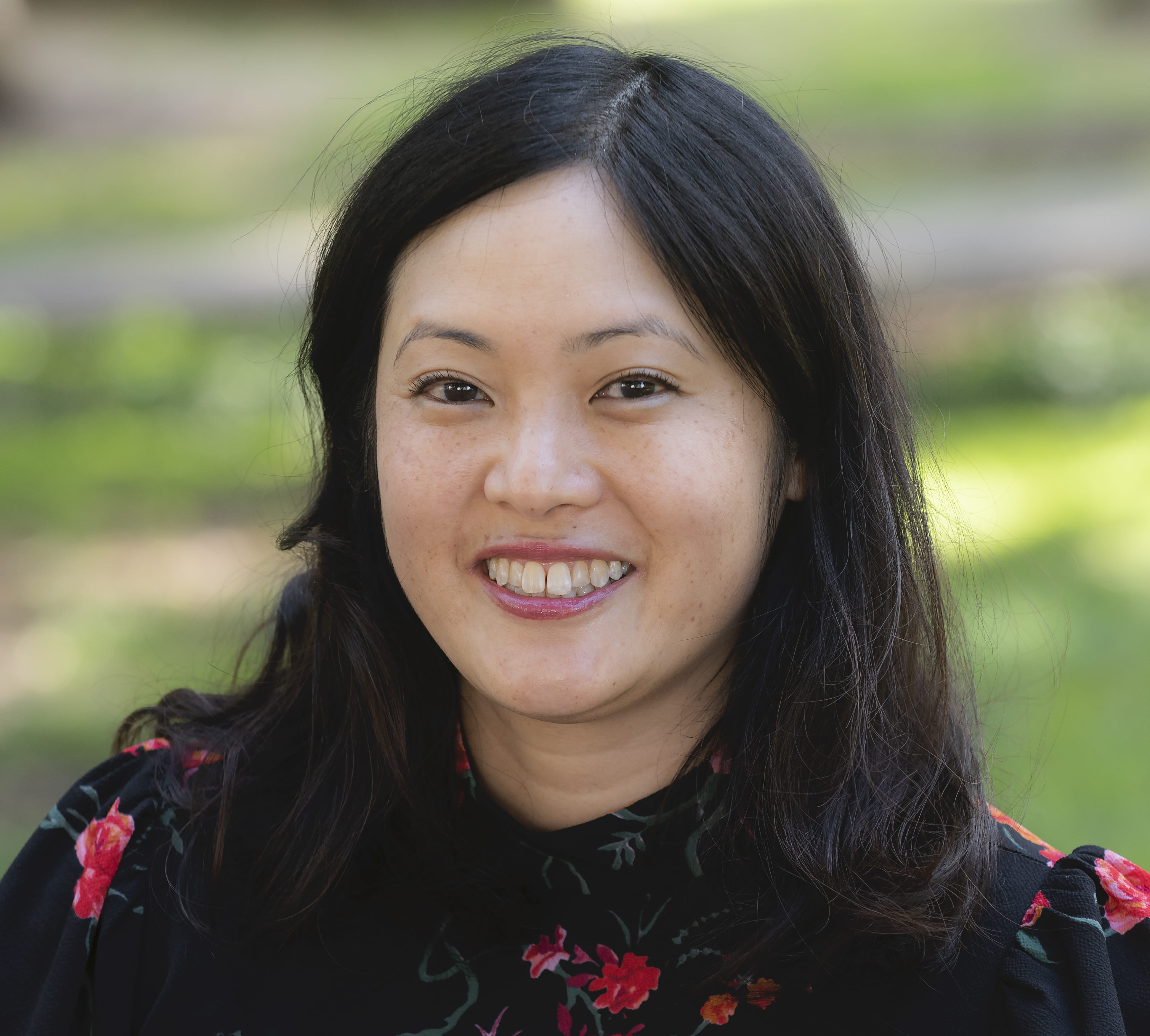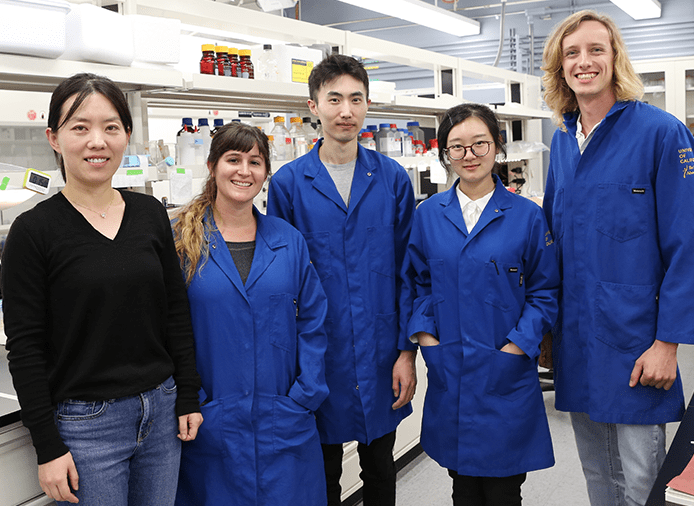UCI's Adria Imada is named a 2021 Andrew Carnegie Fellow
History professor is among 26 recipients of prestigious award across U.S.

Irvine, Calif., April 28, 2021 — The University of California, Irvine’s Adria L. Imada has been named to the 2021 class of Andrew Carnegie Fellows. The professor of history – who also teaches in the medical humanities – joins an exclusive cohort of 26 distinguished scholars from across the nation, selected out of more than 300 nominees. Each winner will receive up to $200,000 to support a research sabbatical focused on his or her studies in the social sciences and humanities – the most generous stipend of its type.
“It is an honor to congratulate Professor Imada on being named an Andrew Carnegie Fellow,” said Hal S. Stern, UCI provost and executive vice chancellor. “This recognition will support her innovative work at the interface of medicine and the humanities and bring great prestige to UCI.”
The selection criteria prioritize the originality and potential impact of a proposal, as well as a scholar’s capacity to communicate the findings to a broad audience. Imada’s project will examine diverse survivors of 20th-century epidemics in the United States and its territories.
“We are proud to see Professor Adria Imada named a 2021 Carnegie Fellow,” said Tyrus Miller, dean of UCI’s School of Humanities. “Her research on leprosy and 20th-century epidemics has gained new relevance in this historic moment. Her work represents an outstanding contribution to the interdisciplinary field of medical humanities and to UCI’s distinctive role in it.”
Aloha America: Hula Circuits Through the U.S. Empire, the first book by Imada, who was born and raised in Honolulu, won several accolades, including the 2013 Lawrence W. Levine Award for best cultural history from the Organization of American Historians.
Her second book, An Archive of Skin, An Archive of Kin: Disability and Life-Making During Medical Incarceration, explores the prolific visual culture of kinship and disability. Subjected to the longest medical quarantine in modern history, people with Hansen’s disease in Hawaii adapted photography in unanticipated ways.
Imada’s research has been supported by the American Council of Learned Societies’ Frederick Burkhardt Residential Fellowship and a National Institutes of Health/National Library of Medicine biomedicine grant.
“I’m honored to have been selected as a 2021 Andrew Carnegie Fellow and to represent UC Irvine in this class of public-facing scholars,” Imada said. “With this generous fellowship, I plan to develop a book and shorter writings about diverse survivors of 20th-century epidemics in the United States and its colonies. By highlighting lesser-known communities living in the aftermath of epidemics, I hope to challenge ‘back to normal’ discussions of the COVID-19 pandemic.”
The Carnegie Corp. of New York launched the Andrew Carnegie Fellows Program in 2015 to advance and elevate the work of fellows to reinforce the importance of the social sciences and humanities in academia and American life. Imada joins a total of 216 scholars and academic and intellectual leaders from the nation’s most prominent educational institutions, foundations and scholarly societies selected by the corporation, a philanthropic foundation that has supported the advancement of education and knowledge for more than a century. Additional details about the Andrew Carnegie Fellows Program and the class of 2021 are available here.
About the University of California, Irvine: Founded in 1965, UCI is the youngest member of the prestigious Association of American Universities and is ranked among the nation’s top 10 public universities by U.S. News & World Report. The campus has produced three Nobel laureates and is known for its academic achievement, premier research, innovation and anteater mascot. Led by Chancellor Howard Gillman, UCI has more than 36,000 students and offers 224 degree programs. It’s located in one of the world’s safest and most economically vibrant communities and is Orange County’s second-largest employer, contributing $7 billion annually to the local economy and $8 billion statewide. For more on UCI, visit www.uci.edu.
Media access: Radio programs/stations may, for a fee, use an on-campus ISDN line to interview UCI faculty and experts, subject to availability and university approval. For more UCI news, visit wp.communications.uci.edu. Additional resources for journalists may be found at communications.uci.edu/for-journalists.


